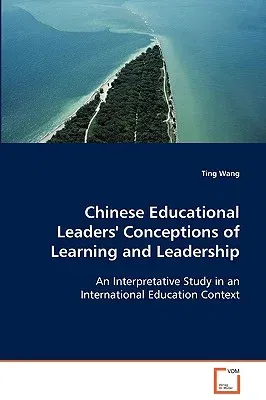Ting Wang
(Author)Chinese Educational Leaders' Conceptions of Learning and LeadershipPaperback, 18 September 2008

Qty
1
Turbo
Ships in 2 - 3 days
In Stock
Free Delivery
Cash on Delivery
15 Days
Free Returns
Secure Checkout
Print Length
232 pages
Language
English
Publisher
VDM Verlag Dr. Mueller E.K.
Date Published
18 Sep 2008
ISBN-10
3639070399
ISBN-13
9783639070392
Description
Product Details
Author:
Book Format:
Paperback
Country of Origin:
US
Date Published:
18 September 2008
Dimensions:
22.86 x
15.24 x
1.24 cm
ISBN-10:
3639070399
ISBN-13:
9783639070392
Language:
English
Location:
Saarbrucken
Pages:
232
Publisher:
Weight:
317.51 gm

